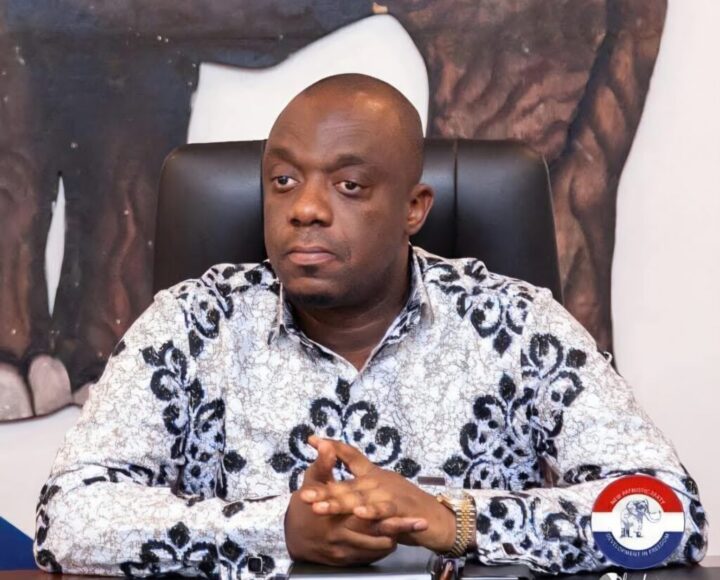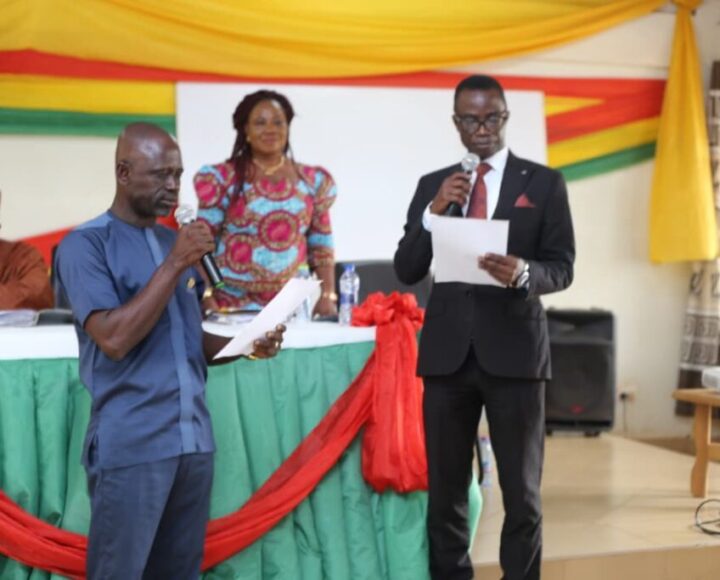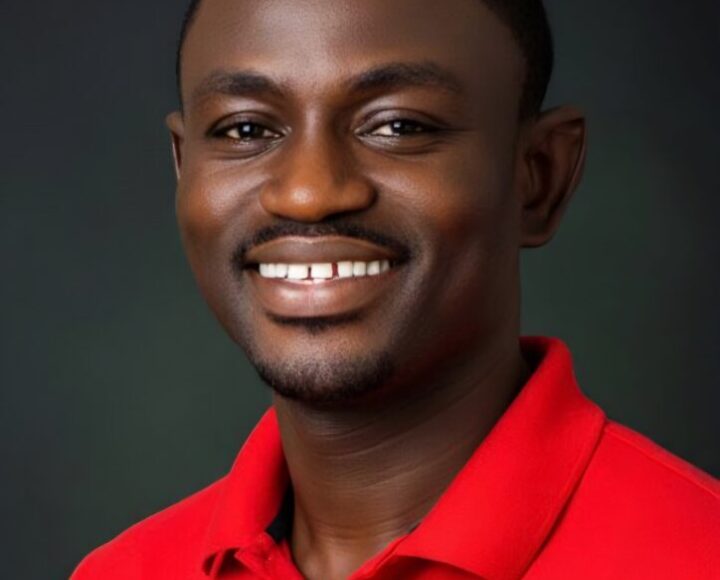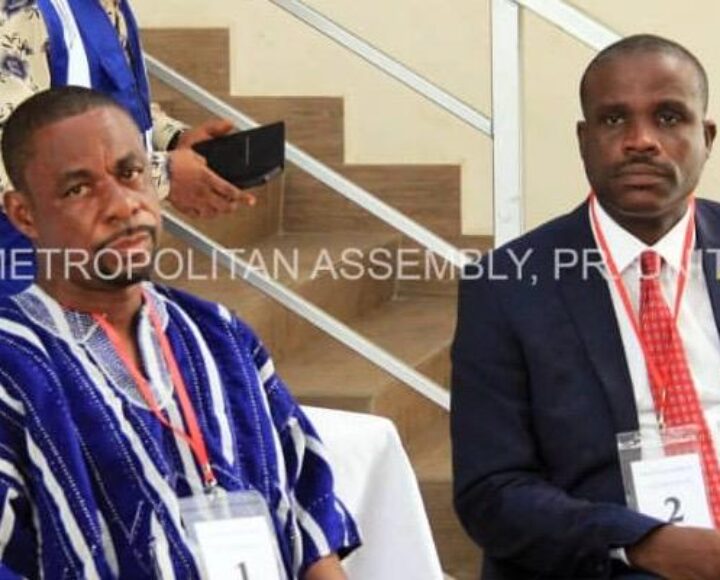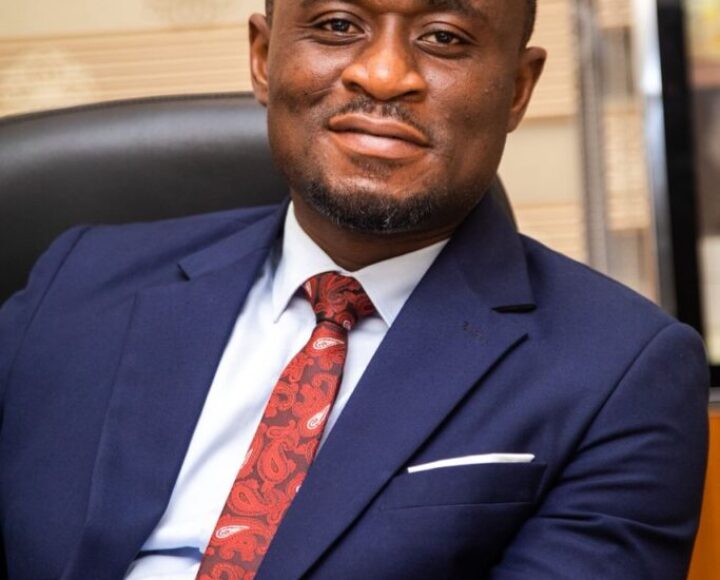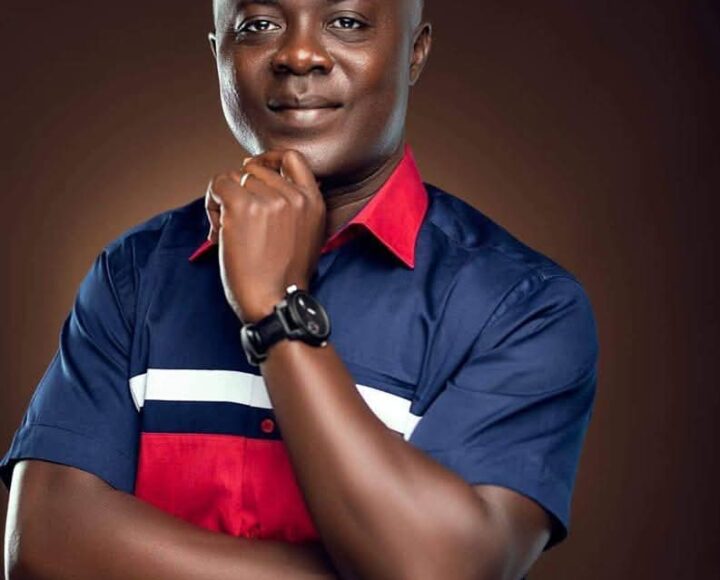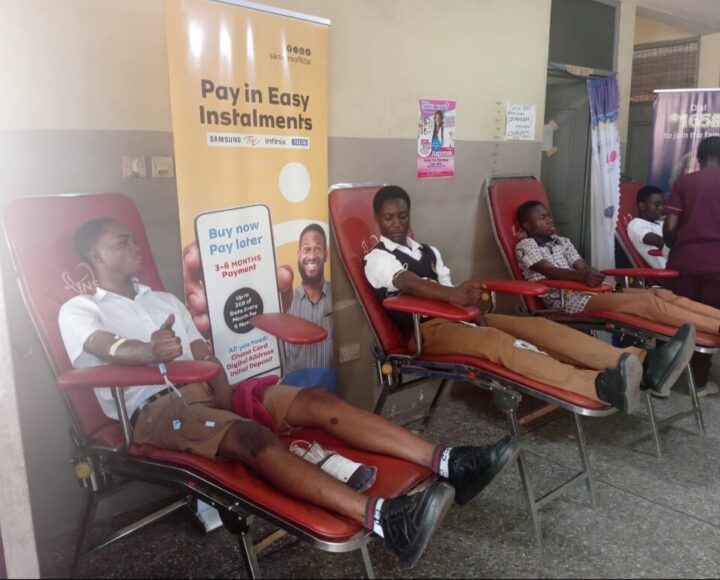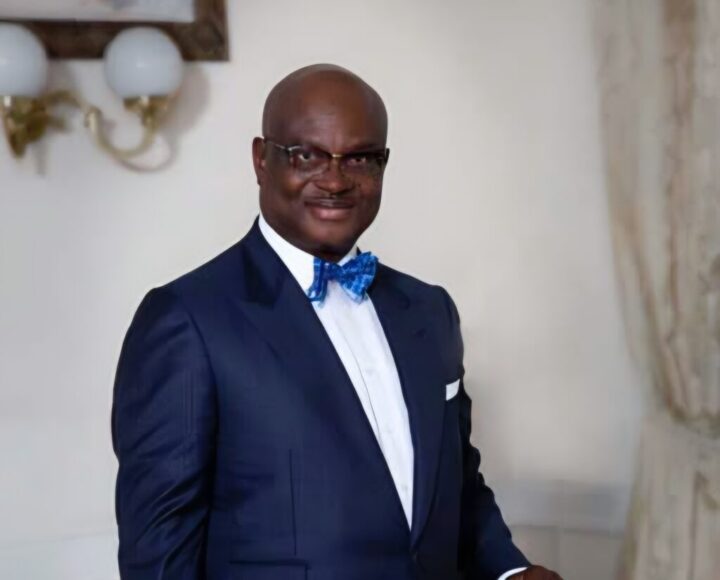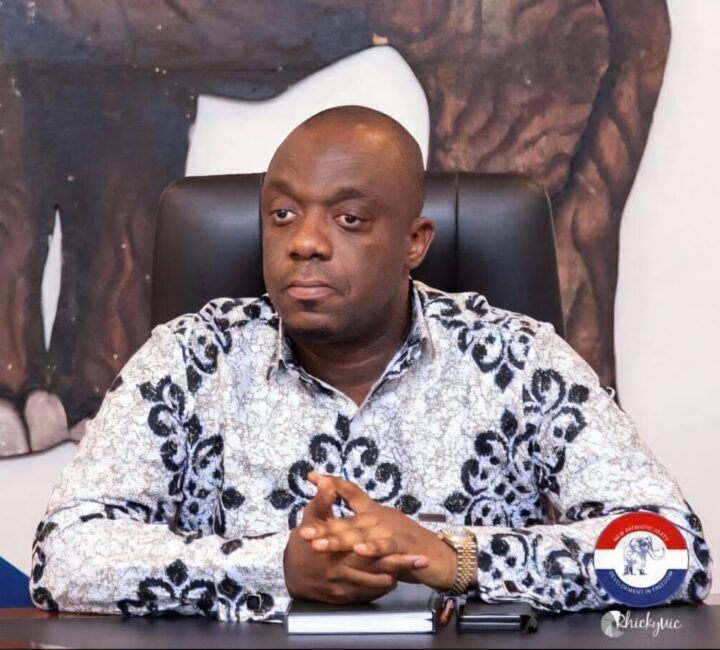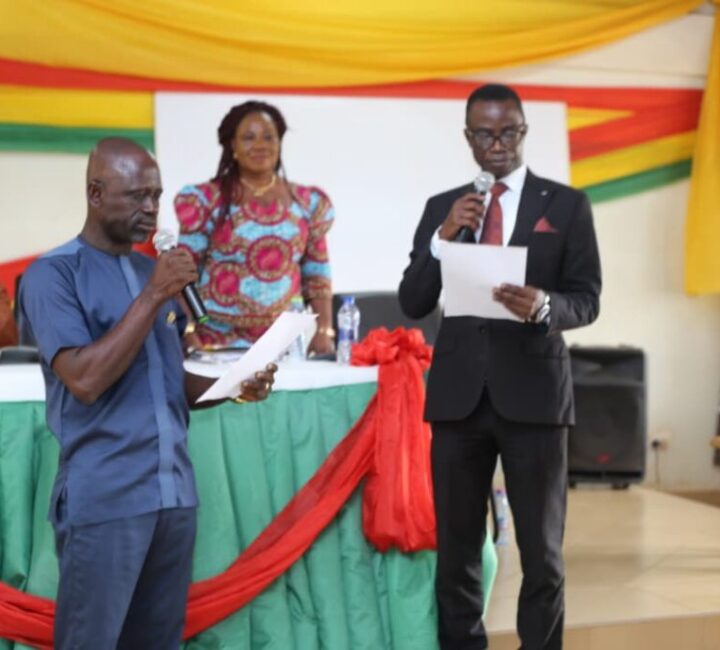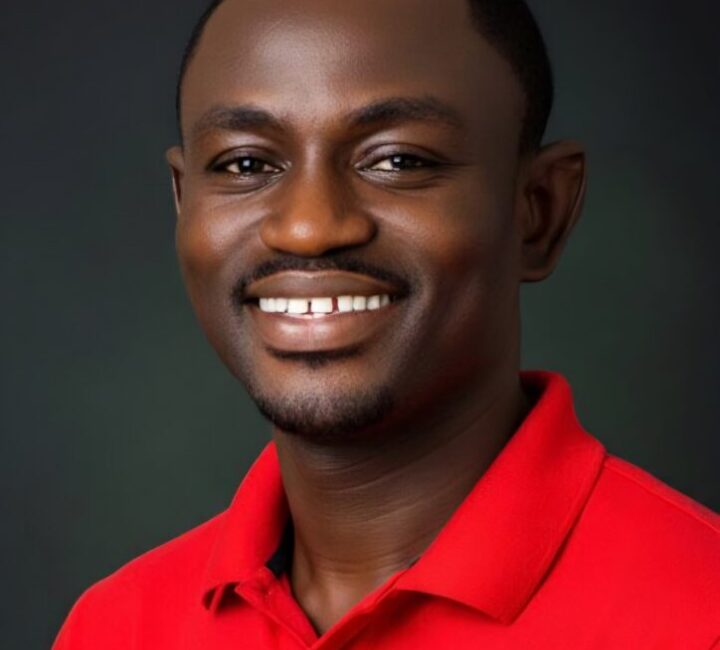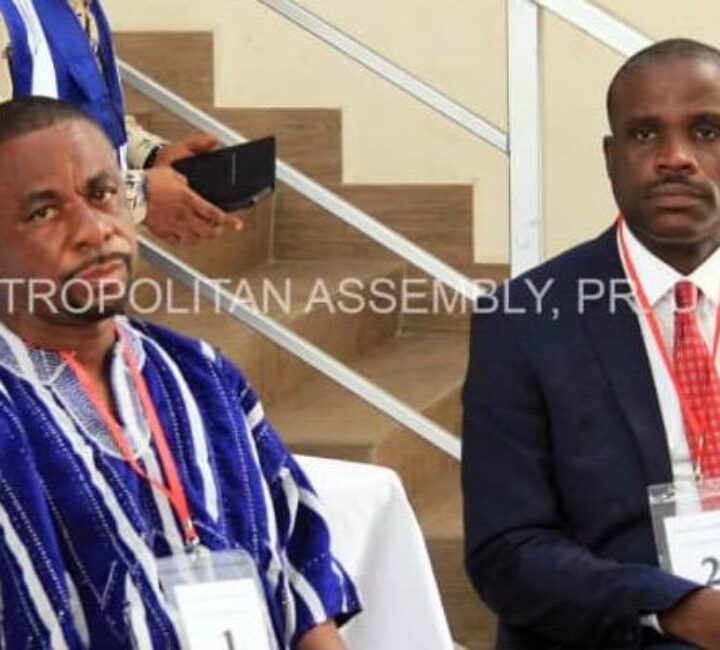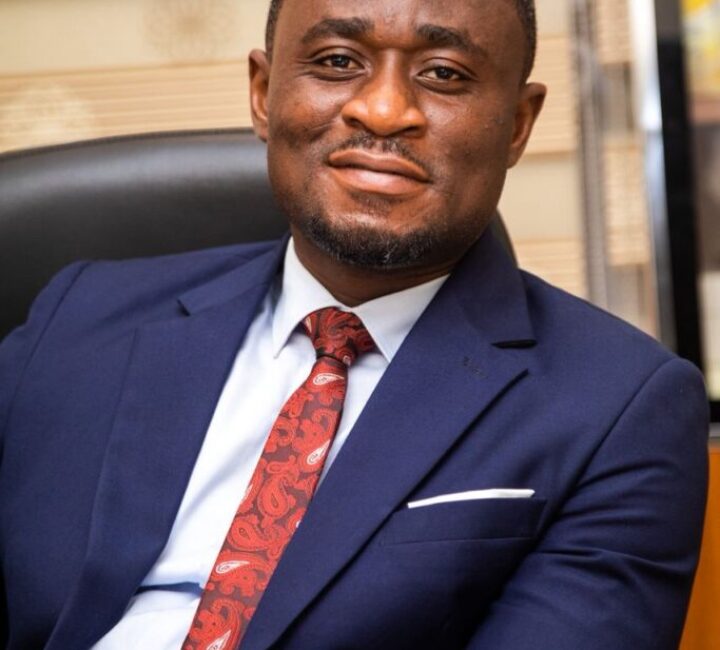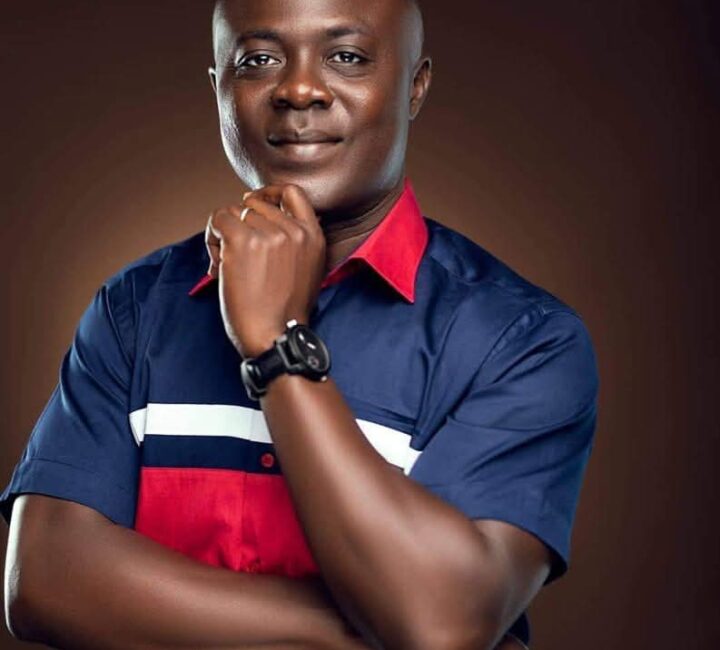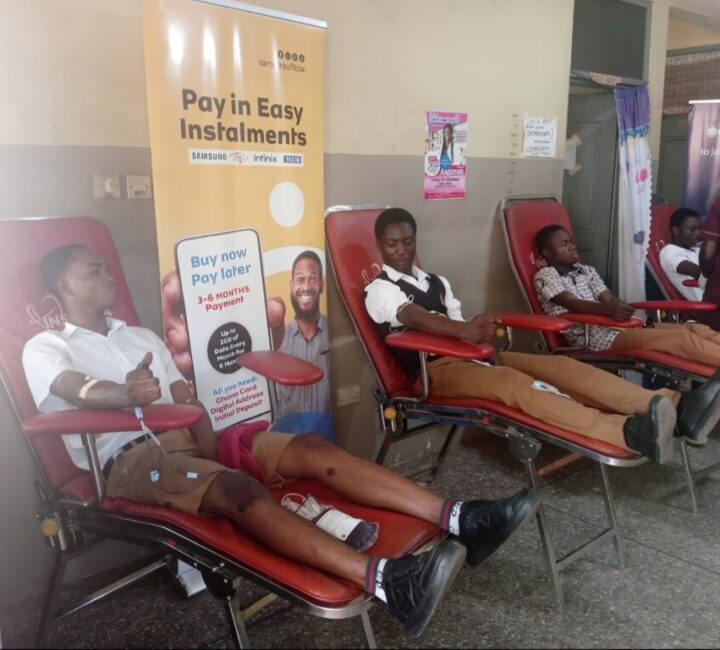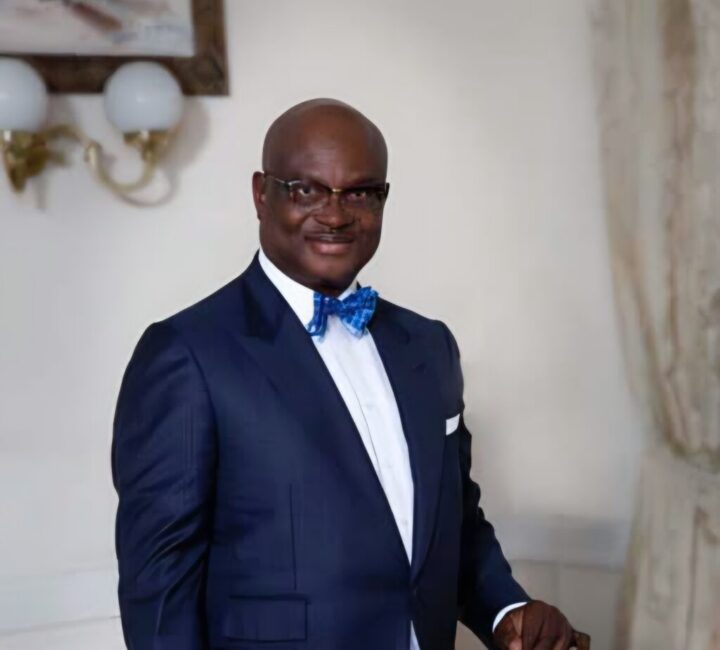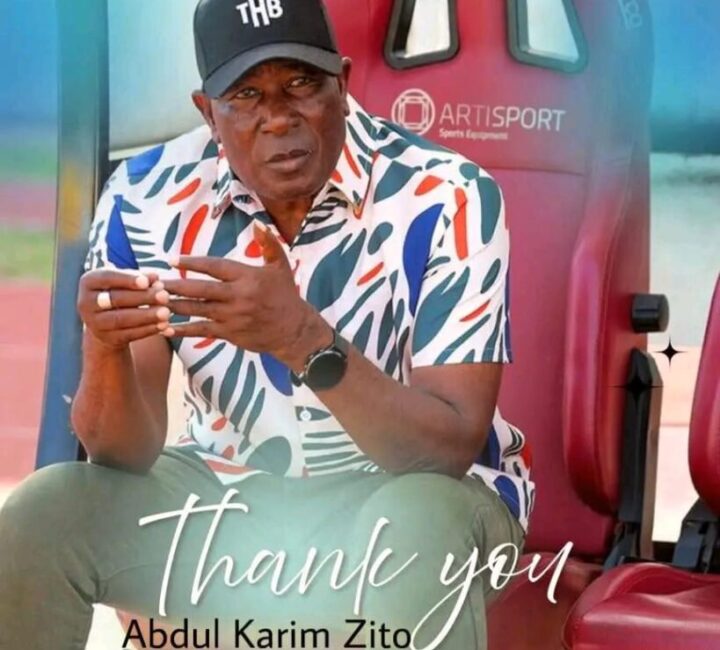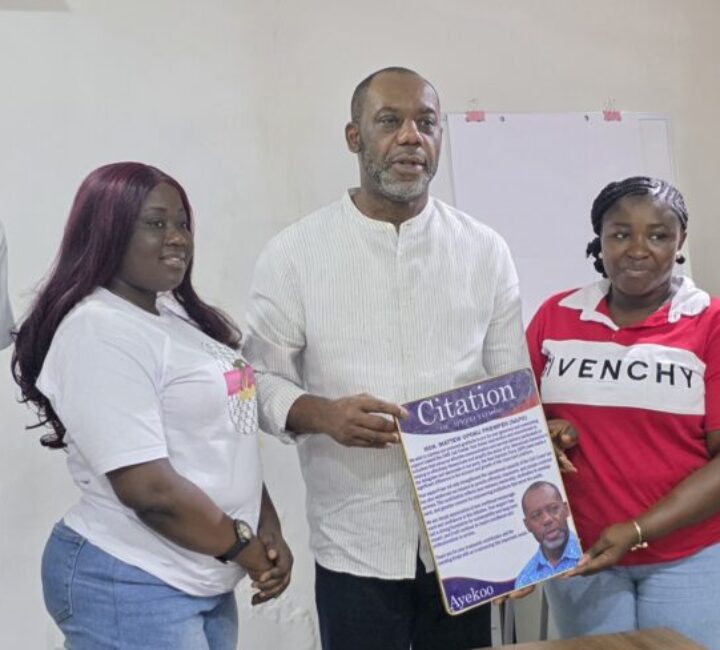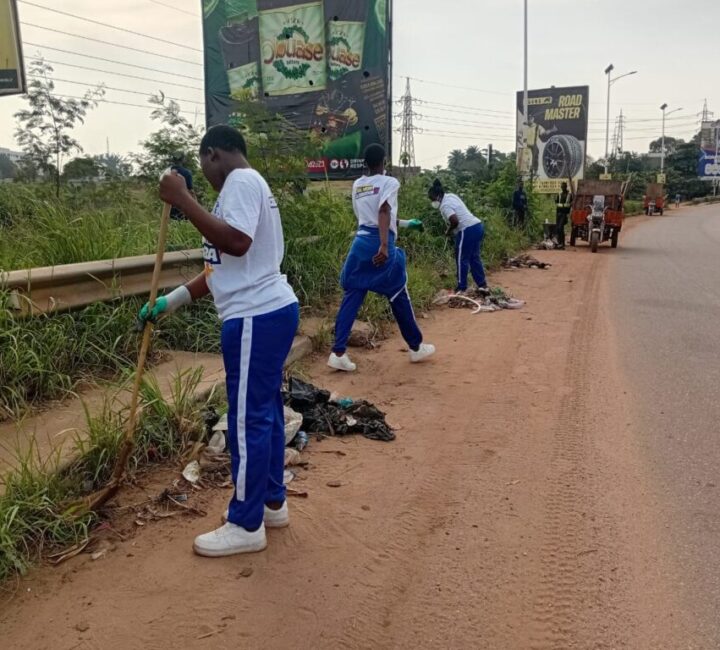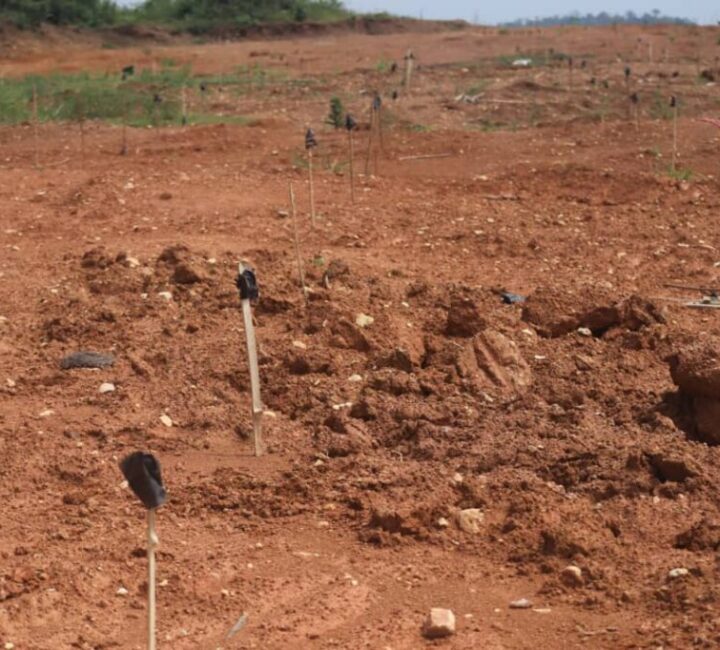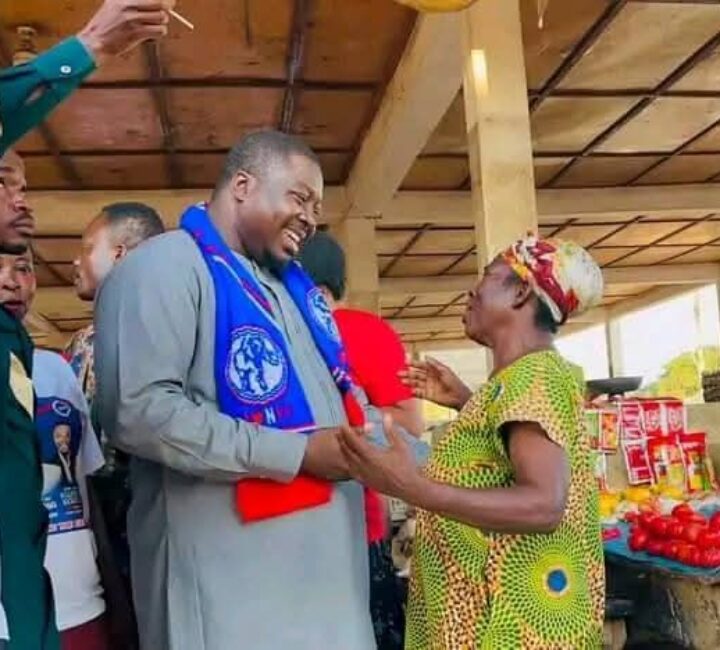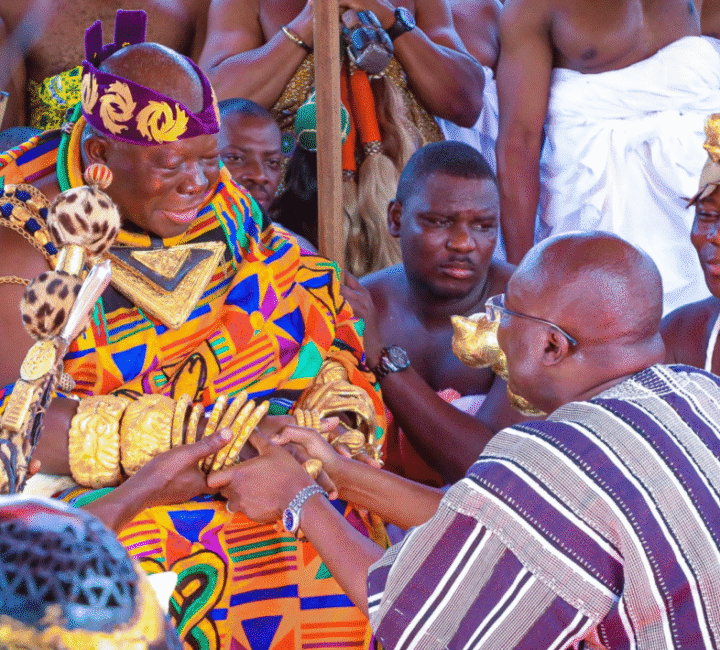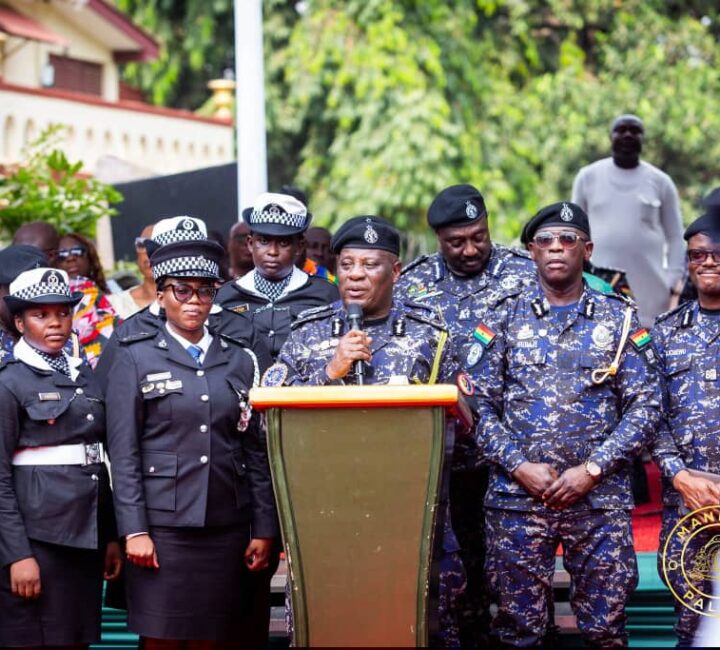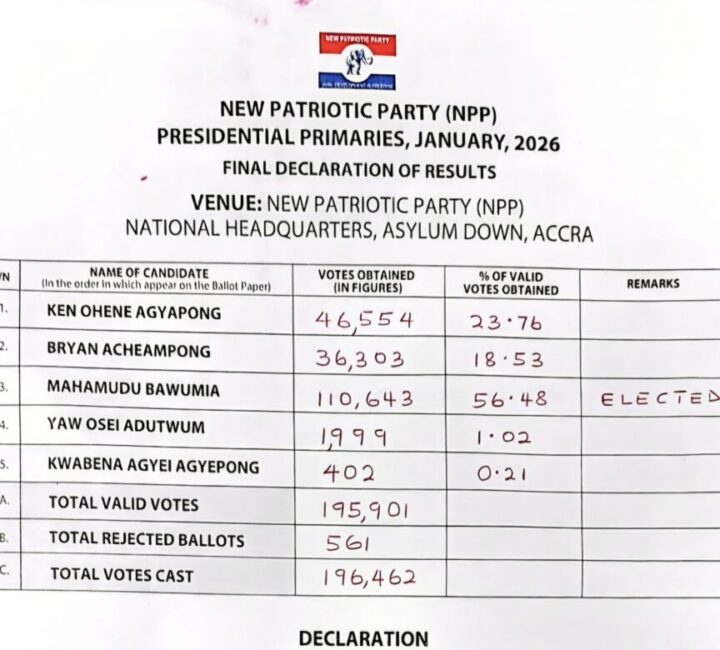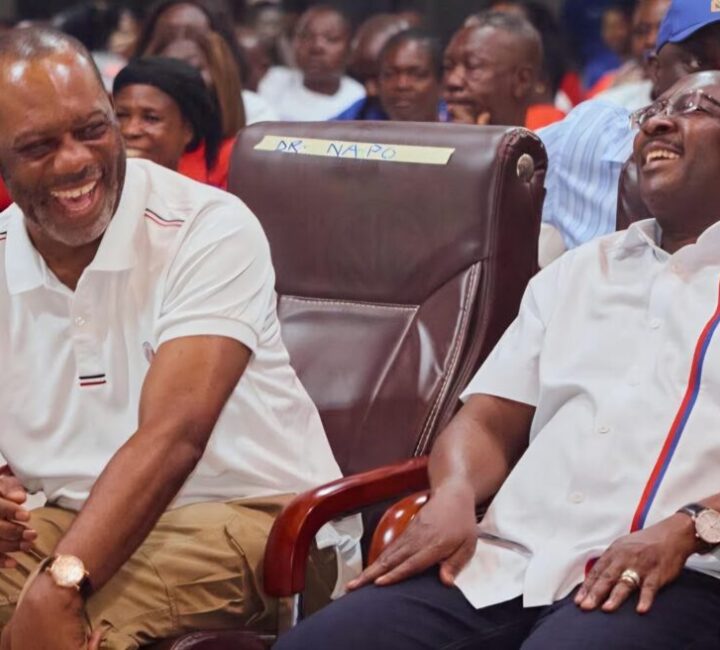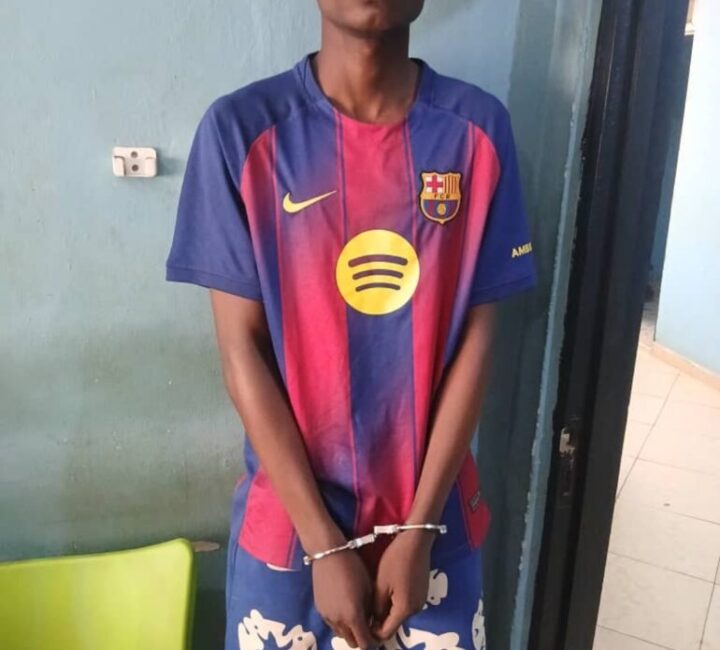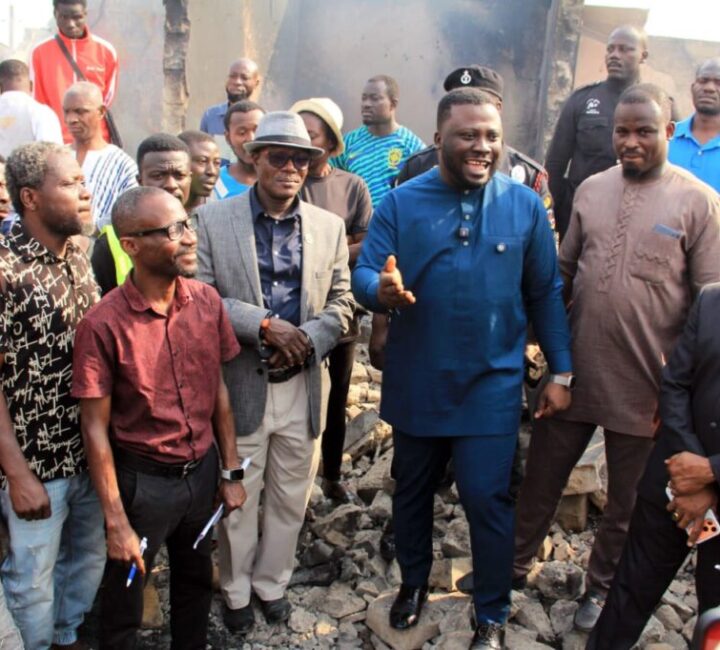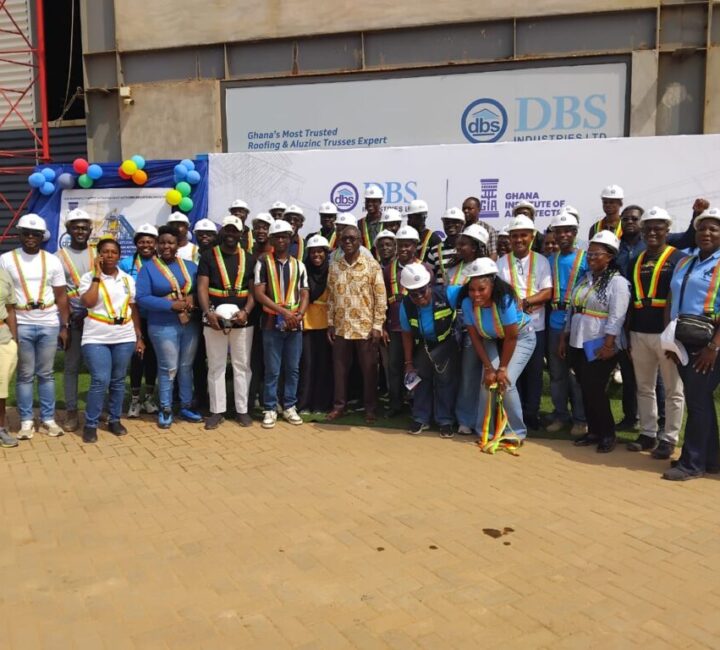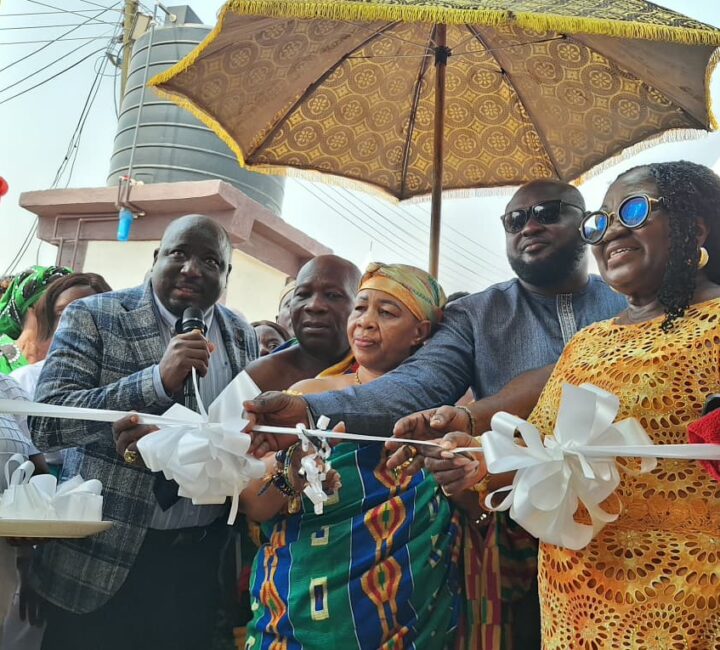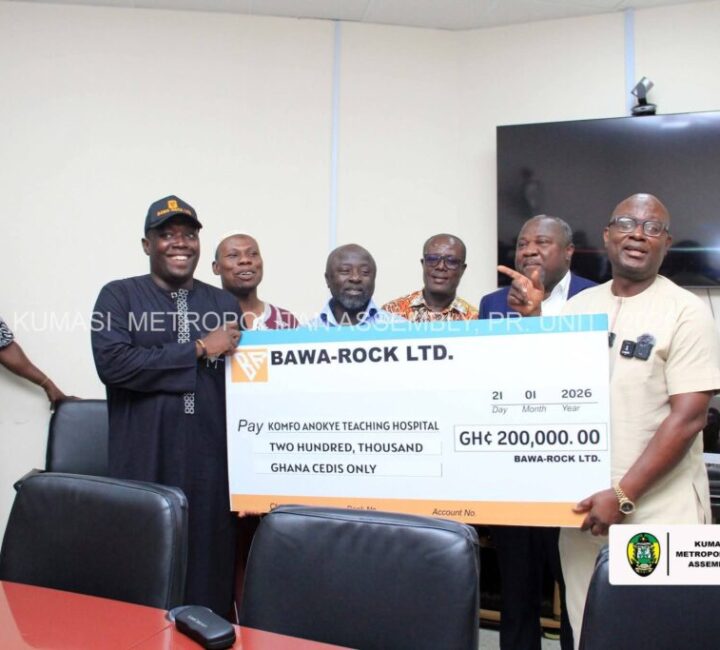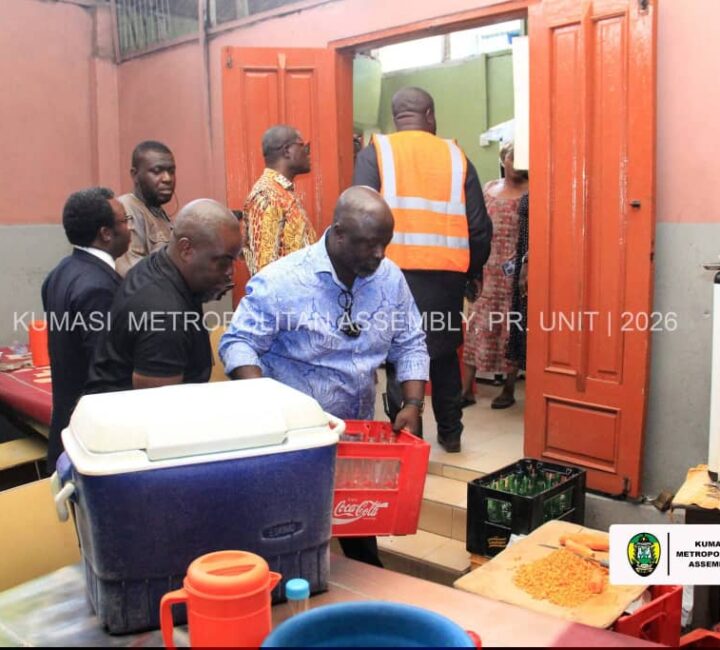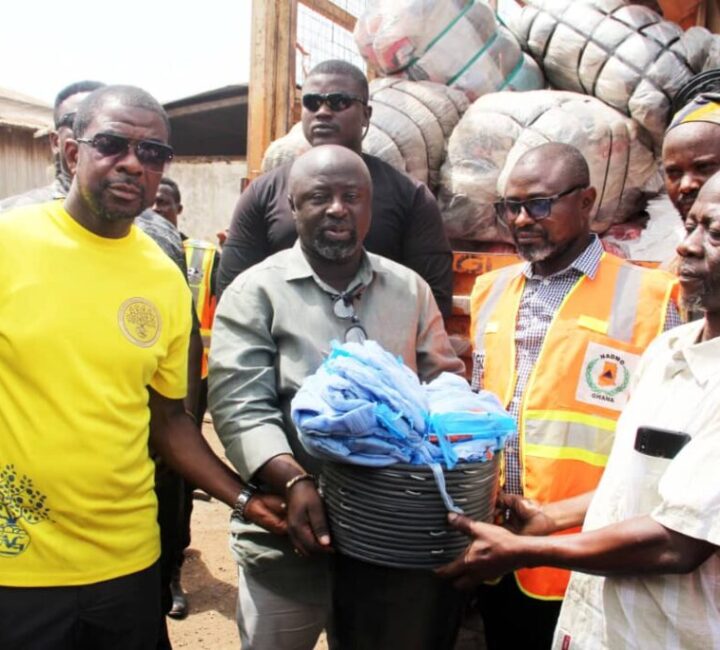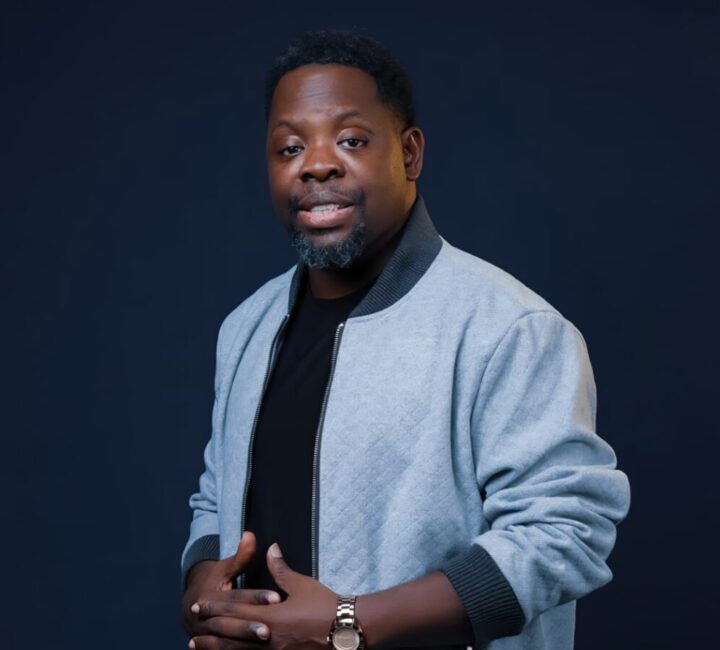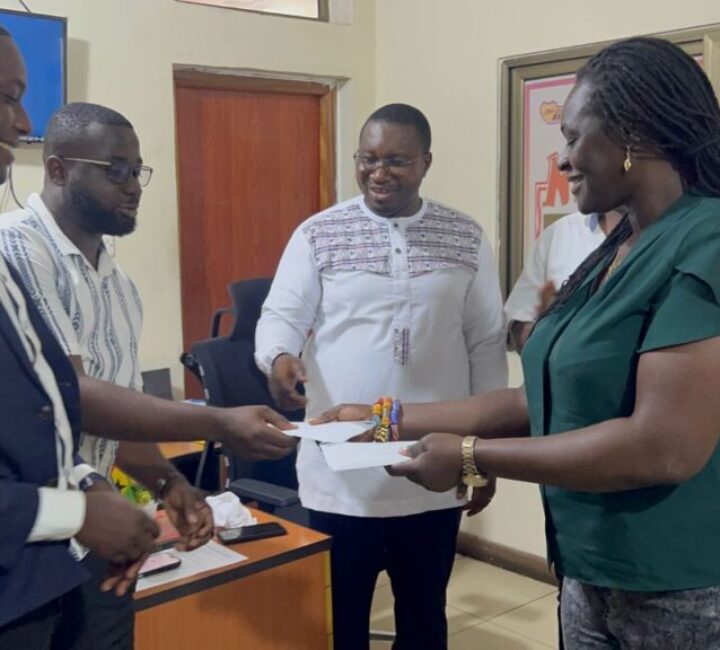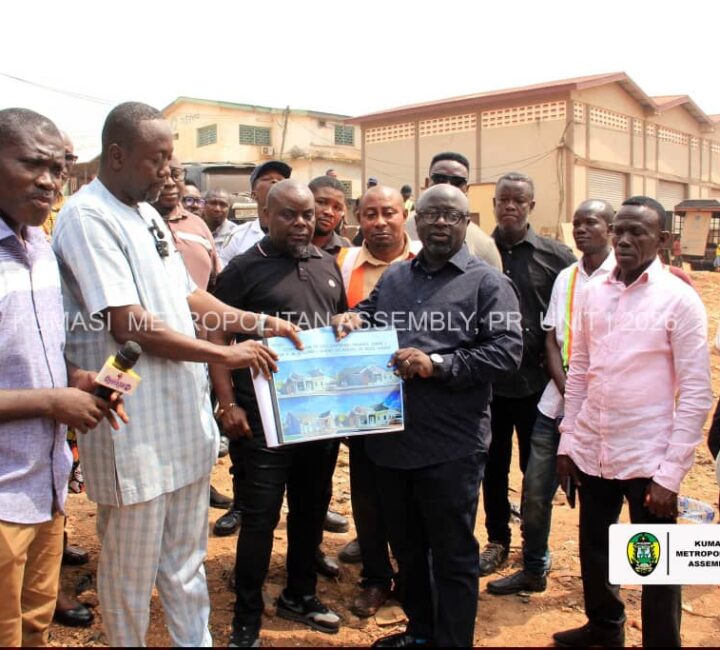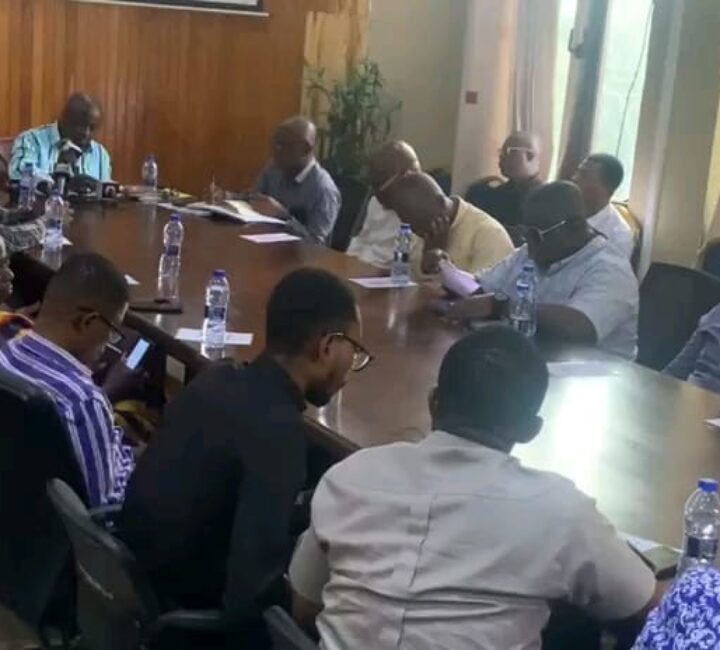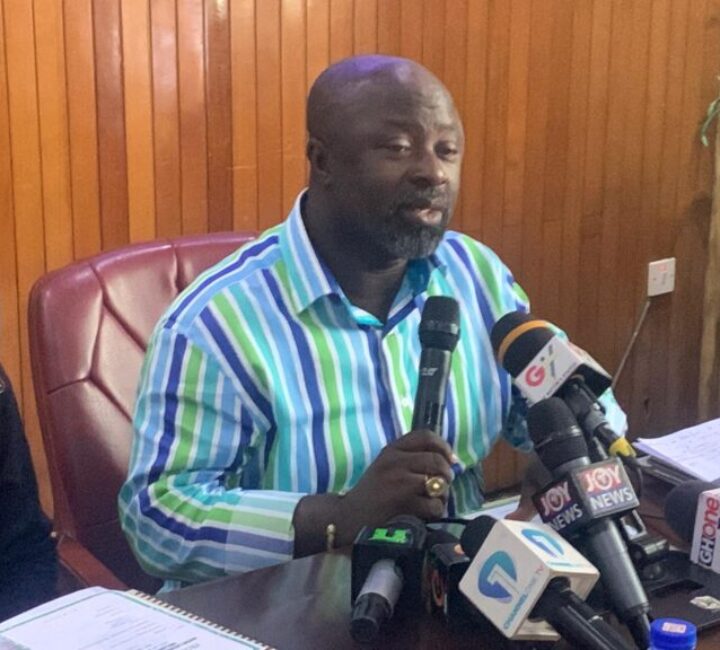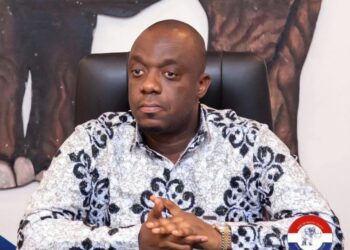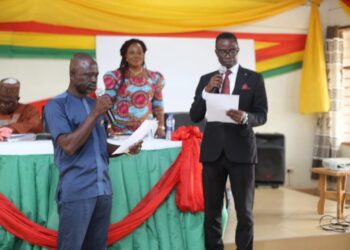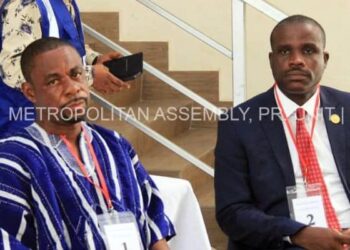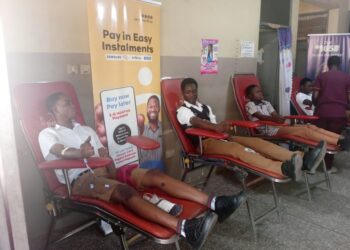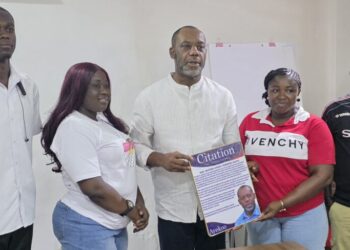Ghana continues to cement its place on the global map for youth innovation as My Redeemer School, through its robotics team Redeemer Tech, placed third worldwide at the Robotics for Good Youth Challenge Grand Finale, held during the AI for Good Global Summit 2025 in Geneva, Switzerland.
Competing against top teams from countries, Redeemer Tech demonstrated exceptional technical skill, creativity, and purpose-driven innovation through their disaster response robot.
Their performance placed Ghana among the global top three in a challenge designed to highlight the power of robotics in solving real-world humanitarian problems.
Challenge–Robots for Disaster Response:
The 2025 competition tasked all participants—both Junior (born 2010–2013) and Senior (born 2006–2009) teams—with designing and building a robot that could assist during natural disasters, such as earthquakes and floods.
Teams were challenged to create robots that could navigate dangerous environments, deliver emergency supplies, and even locate people in need.
Using open-source tools and free software, all teams were evaluated on problem-solving, creativity, and collaboration—not on access to expensive hardware or resources.
My Redeemer School’s robot combined smart sensor technology, autonomous movement, and a mission-driven design aimed at saving lives in post-disaster settings.
“We came to learn, we dared to dream — and we returned with a global win: third in the world in the junior category at the AI for Good Youth Challenge,” Madam Anastasia Nartey, CEO, My Redeemer School stated.
Ghana’s Delegation and High-Level Support:
Ghana’s global success was matched by strong national support.
A high-level delegation was present in Geneva to support the team, including:
Hon. Samuel Nartey George, representing the Ministry of Communications and Digitalisation.
Others were Mr. Alfred Nortey, Director of Finance and Administration, Ministry of Communications and Digitalisation
Rev. Ing. Edmund Yirenkyi Fianko, Acting Director General, National Communications Authority (NCA).
Also among the team were Mr. Douglas Tetteh Ayitey, Founder & CEO, The MakersPlace, Mr. Dzifa Gunu, Chief Executive Officer, Ghana Digital Centres Ltd, Mr. Asher Safo, Representative, Ghana Permanent Mission to the UN in Geneva
Minister:
Hon Sam Nartey George in an interview said “Our quest to position Ghana at the center of African innovation and excellence will be inclusive. At the heart of this transformation are our young people”.
He noted that, “the remarkable achievement of My Redeemer School in Sowutuom placing 3rd among 194 countries is a powerful testament to the incredible potential we hold as a nation — and a clear sign of how far we can go”.
The Minister added, “I am particularly proud to have been on the ground with these brilliant kids, encouraging them as they prepared for the finals,”
Digital Centres CEO:
On his part, Ceo for the Ghana Digital Centres, Mr Dzifa Gunu said his outfit has been at the forefront of championing a vibrant robotics industry from the beginning of the academic ladder.
“This is why we particularly took a keen interest in this project with The MakersPlace”, the CEO added.
Promising support, the CEO said “We shall continue to provide the enabling platform, environment, and logistics for the growth of robotics in Ghana”.
The MakersPlace-Ghana’s National Host:
The Ghana Edition of the Robotics for Good Youth Challenge was organised by The MakersPlace, the official national and regional organiser.
Redeemer Tech qualified for the global competition by winning both the Junior and Senior categories at the national finals earlier this year, held at Academic City University in Accra.
“This isn’t just about building robots—it’s about building character, leadership, and global readiness”, Douglas Ayitey, Founder and CEO of MakersPlace stated.
He added that, “these young Ghanaians are solving real problems with real technology, and now the world is taking notice,”
Background:
The Robotics for Good Youth Challenge provides more than technical experience—it builds a generation of problem-solvers.
Students gain practical skills in Robotics and coding, critical thinking and collaboration, project management, creative design and communication.
The programme also promotes inclusion and sustainability, encouraging participation from all backgrounds and using open-source platforms and recycled materials wherever possible.
Ghana’s Legacy on the World Stage:
In addition to placing 3rd, Redeemer Tech was given the opportunity to:
Exhibit in the Youth Zone
Pitch on the Youth Stage
Network with global leaders and innovators in AI, robotics, and sustainable development
Their success affirms Ghana’s leadership in STEM education.
2025–2026 Challenge Theme:
The 2025 – 2026 edition theme is Food Security!
Participants are to design, build, and program a robot to complete a mission based on a selected global challenge.
While learning robotics and coding, students gain more than just technical skills; they also develop essential workplace and future-ready competencies such as teamwork, problem-solving, project management, critical thinking, and information literacy.
The Robotics for Good Youth Challenge features two age-based teams: Junior (born 2010-2013) and Senior (born 2006-2009).
This division ensures age-appropriate challenges, fostering engagement and learning for all participants.
All interested schools—public, private, and community-based—are encouraged to register early to take part in regional qualifiers.
Finalists from these events will proceed to the national championship, where top teams will be selected to represent Ghana at the 2026 global summit.
Rationale:
Through this evolving competition, students not only gain technical skills in robotics and coding, but also develop future-ready competencies such as teamwork, problem-solving, project management, critical thinking, information literacy
This holistic learning approach ensures that participants are equipped not only to build machines—but to lead in a world that increasingly demands both technology and empathy.
Story By Michael Ofosu-Afriyie,
Kumasi.


